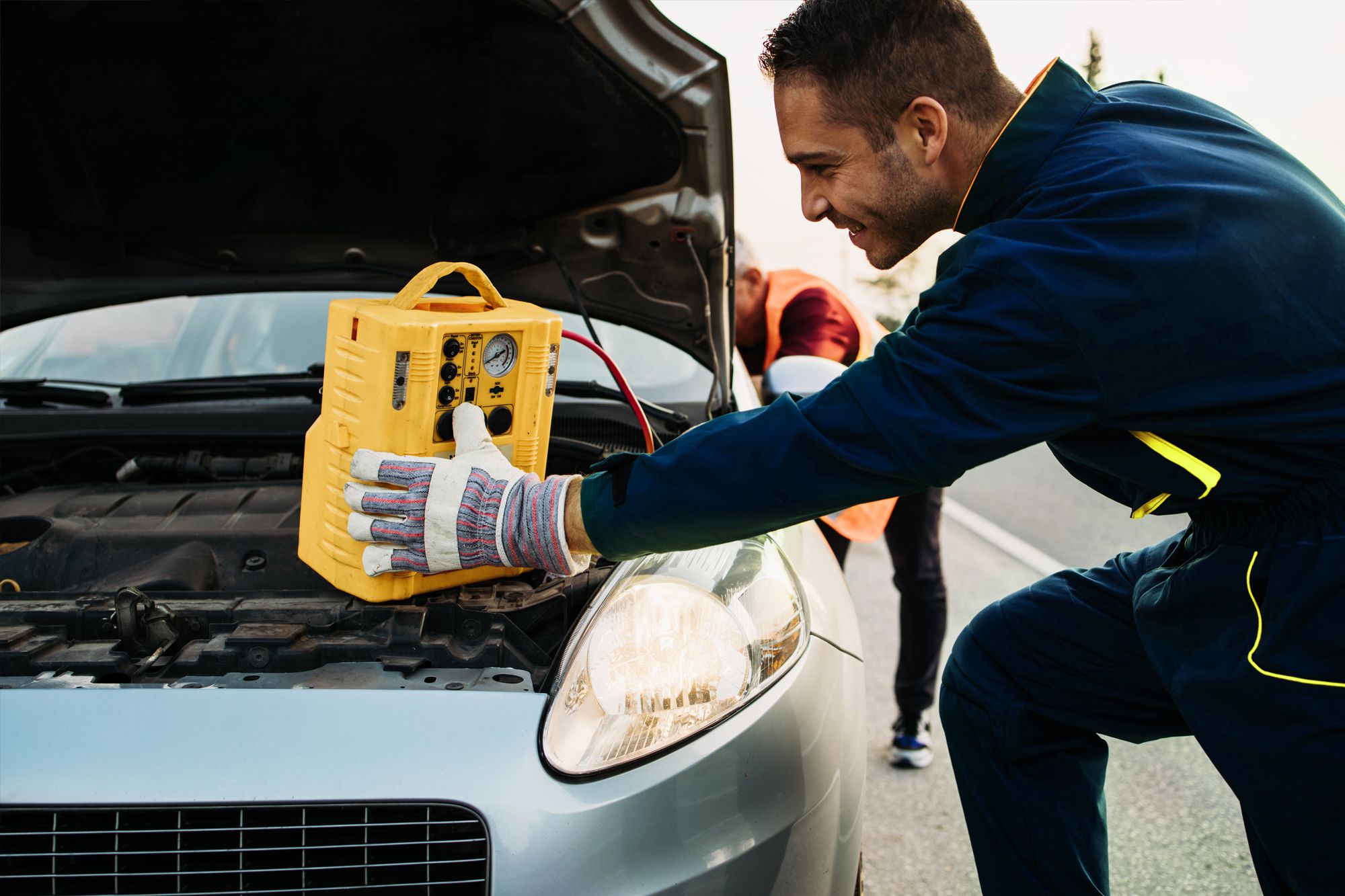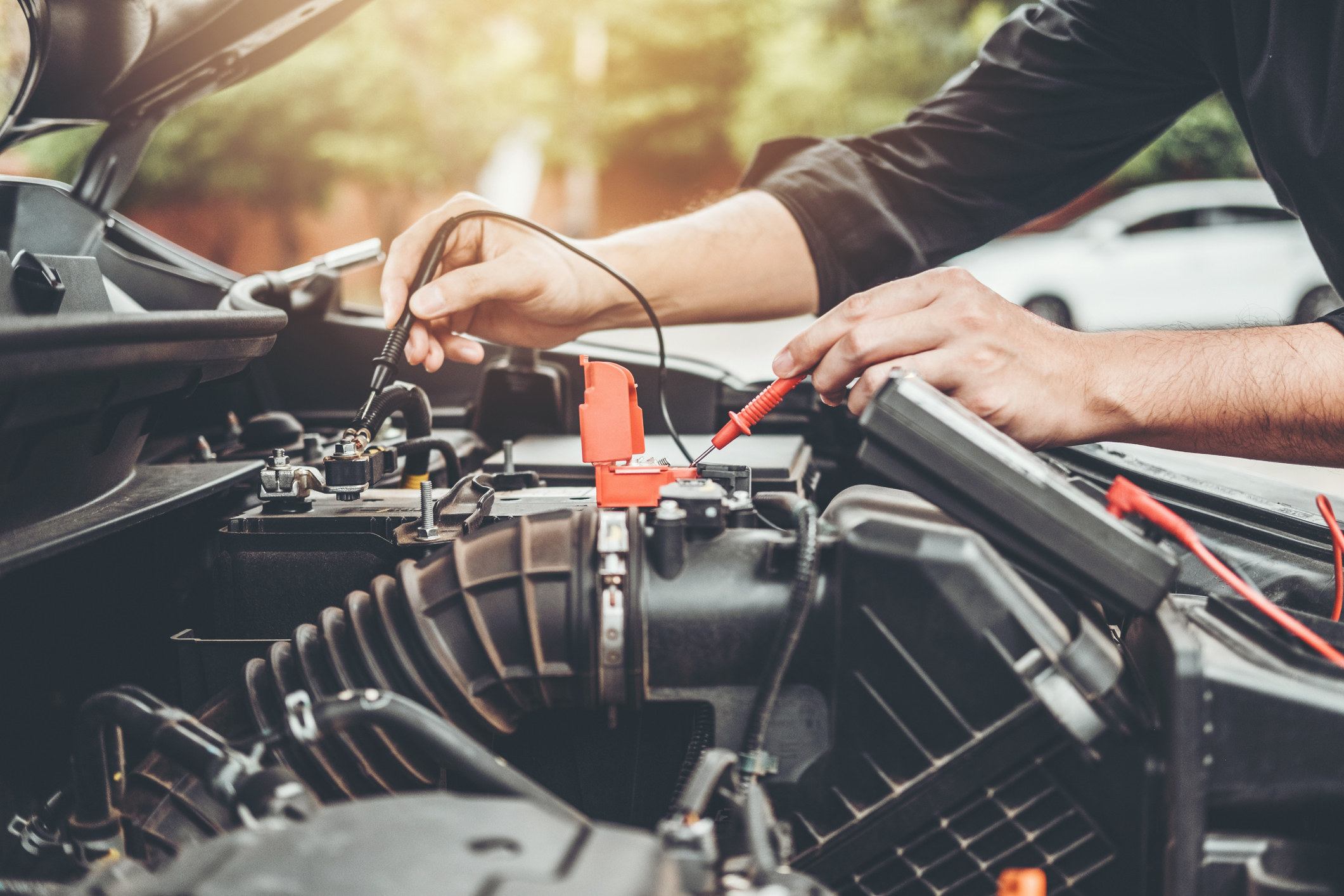All Categories
Featured

Maintaining your automobile in peak condition requires attention to numerous upkeep jobs, with fluid checks being among the most crucial. Vehicle liquids play essential roles in making sure smooth operation, safety, and durability. Disregarding fluid upkeep can result in considerable efficiency concerns or pricey repair services. Below, we'll discover the significance of monitoring and maintaining your car's fluids and tips for doing so properly.
- Engine Oil: Safeguarding Important Parts. Engine oil makes certain that the moving components of your engine stay oiled, lowering rubbing and protecting against getting too hot. With time, engine oil breaks down or ends up being contaminated, lessening its performance. Without appropriate lubrication, engine components can wear promptly, resulting in decreased performance or complete failing.
Exactly How to Preserve: Examine the oil level making use of the dipstick and round off if needed. Follow your automobile's solution schedule for oil changes, normally every 3,000 to 7,500 miles, depending upon the kind of oil and your driving behaviors. 2. Coolant: Taking Care Of Engine Temperatures. Coolant, or antifreeze, aids manage your engine's temperature, preventing overheating in summer and freezing in winter. As it flows, coolant absorbs excess warm and dispels it with the radiator. With time, contaminants can develop up, or the fluid may weaken, minimizing its efficiency.

Just How to Maintain: Regularly examine coolant degrees in the storage tank and check for leaks or staining. Flush and change coolant as suggested, generally every 2 to five years. 3. Transmission Fluid: Smooth Equipment Operation. Transmission fluid oils the transmission system and guarantees smooth equipment shifts. A well-kept transmission liquid prevents overheating and protects internal components from wear. Failing to keep this fluid can result in expensive repair services or replacements.
Just How to Preserve: Examine the fluid levels (if your car has a dipstick for transmission fluid) and check its color. Burned or dark fluid suggests it's time for a modification, commonly every 30,000 to 60,000 miles. 4. Brake Liquid: Ensuring Safety And Security. Brake fluid is necessary for moving pressure from your foot on the brake pedal to the stopping system, allowing your vehicle to stop effectively. In time, brake fluid can take in wetness, minimizing its boiling factor and compromising stopping efficiency.
How to Preserve: Check the brake fluid degree and condition. If it shows up dirty or dark, have it replaced. Several makers advise changing brake liquid every 2 years or as needed. 5. Power Guiding Fluid: Easy Maneuverability. Power guiding liquid permits easy and smooth guiding. Reduced levels or infected fluid can make guiding hard, enhancing the danger of crashes.
Just How to Preserve: Evaluate the liquid frequently and fill up if levels are reduced. Look out for leakages, which might lead to steering system damages if unsettled. 6. Windshield Washing Machine Liquid: Clear Presence. Not associated to efficiency, windshield washer liquid is essential for preserving presence. It assists maintain the windscreen clean, specifically throughout poor weather condition or when dirt gathers.

How to Preserve: Refill the storage tank as required and use washing machine fluid developed for your environment to stop cold or streaking. Best Practices for Fluid Maintenance. Comply with the Supplier's Schedule: Describe your car's owner manual for maintenance intervals specific to your automobile. Display for Leaks: Identifying liquid leaks early can avoid extreme damages. Search for pools or discolorations under your lorry. Make Use Of the Correct Fluids: Constantly use liquids recommended by your vehicle's producer to avoid compatibility issues. Take Notice Of Warning Indications: Dashboard caution lights, strange smells, or unusual efficiency can indicate fluid-related issues. The Advantages of Regular Liquid Checks. Boosted Efficiency: Liquids in excellent condition aid all systems run efficiently. Expanded Life expectancy: Correct lubrication and cooling avoid premature deterioration on elements. Improved Safety: Brake liquid and coolant are necessary for risk-free driving. Price Financial savings: Addressing liquid concerns early can avoid pricey repair work later on. Conclusion. Checking and maintaining your vehicle's liquids is a essential however straightforward part of automobile possession. By devoting time to this vital maintenance, you guarantee your car continues to be reliable, risk-free, and efficient for years to come. Normal fluid checks assist prevent malfunctions and offer you assurance on the roadway. Whether it's oil, coolant, or brake liquid, staying positive with maintenance is the essential to lasting car health and wellness.
Latest Posts
Why Consistent Car Maintenance at Montclare Auto Repair Saves You Money
Published Jun 01, 25
1 min read
Smooth Light Weight Aluminum Gutters: The Smart Option for Your Home
Published May 27, 25
1 min read
Explore Top Car Repair Solutions at Montclare Auto Repair – Drive with Confidence
Published May 27, 25
1 min read
More
Latest Posts
Why Consistent Car Maintenance at Montclare Auto Repair Saves You Money
Published Jun 01, 25
1 min read
Smooth Light Weight Aluminum Gutters: The Smart Option for Your Home
Published May 27, 25
1 min read
Explore Top Car Repair Solutions at Montclare Auto Repair – Drive with Confidence
Published May 27, 25
1 min read